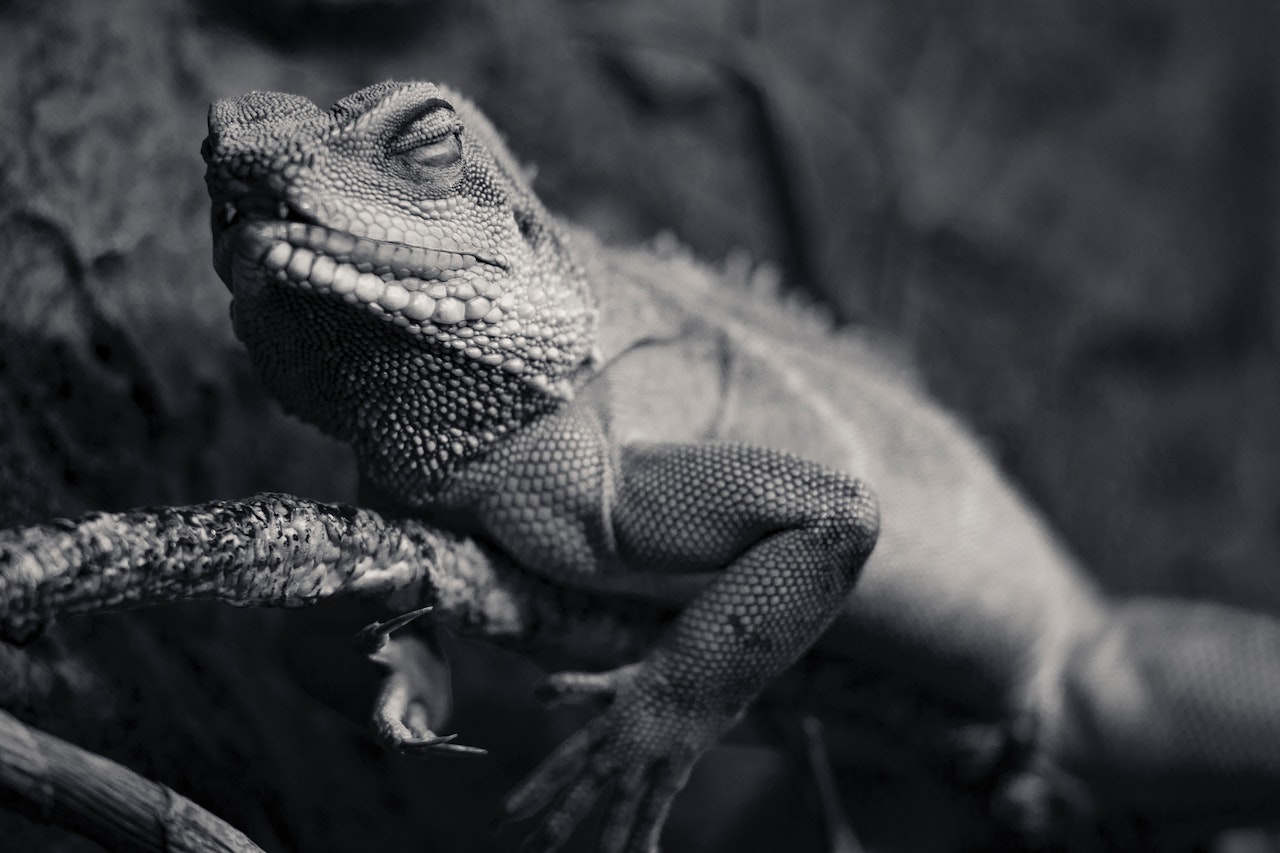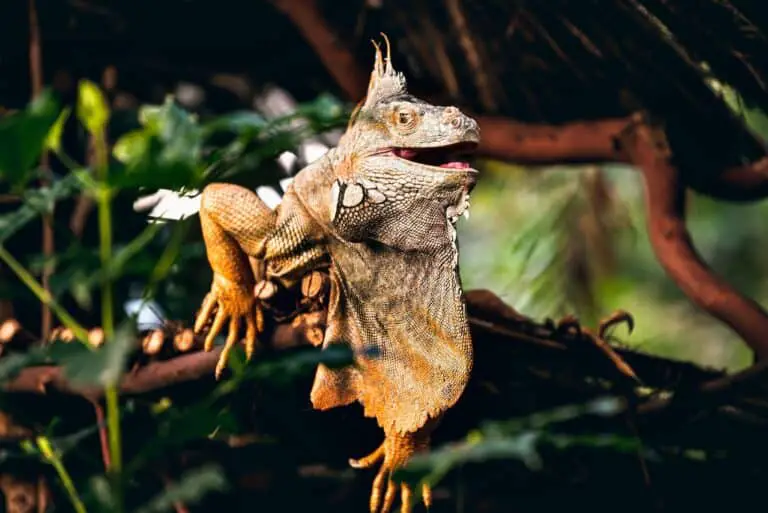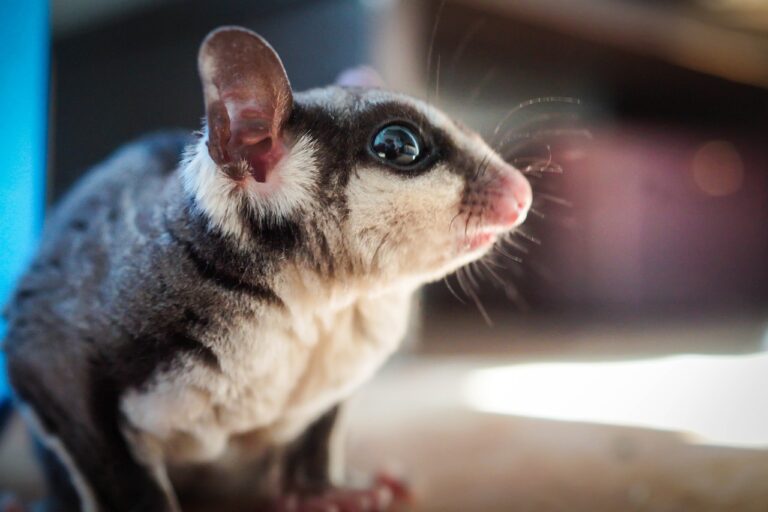Exotic Pet Separation Anxiety: Effective Ways to Deal With It
Exotic pets, such as birds, reptiles, or small mammals, can form deep bonds with their owners and become highly attached.
However, this attachment can sometimes lead to separation anxiety when the owner is away.
Separation anxiety in exotic pets can cause distress, destructive behavior, and even health issues.
In this article, we will explore how to recognize and address separation anxiety in exotic pets, providing practical tips to help both pets and their owners cope with this challenging situation.
Key takeaways:
- Exotic pets can experience separation anxiety, leading to distressing behaviors and health issues.
- Recognize the signs of separation anxiety, including vocalization, destructive behavior, and loss of appetite.
- Prevention and early intervention are crucial in managing separation anxiety in exotic pets.
- Create a safe and comforting environment with familiar scents and establish a consistent routine.
- Positive reinforcement training and calming techniques can help alleviate separation anxiety.
- Provide mental stimulation through toys and enrichment activities.
- Seek professional help if the anxiety persists or worsens.
- Different exotic pet species may exhibit unique signs and require specific interventions.
- Patience, understanding, and a proactive approach are key to helping your pet overcome separation anxiety.
- Natural remedies can be used, but consult with a veterinarian first.
Understanding Separation Anxiety in Exotic Pets
Separation anxiety is a condition characterized by fear or distress experienced by pets when separated from their owners.
It can manifest in various ways, including excessive vocalization, destructive behavior, self-harm, loss of appetite, or even aggression.
Exotic pets are not immune to separation anxiety and can display similar symptoms.
Common Signs and Symptoms
Recognizing the signs and symptoms of separation anxiety is crucial for early intervention.
Some common indicators include:
- Excessive vocalizations
- Pacing
- Attempts to escape enclosures
- Self-mutilation
- Loss of appetite
- Changes in bathroom habits
Each exotic pet species may exhibit unique signs, so it’s essential to understand their specific behaviors.
Causes of Exotic Pet Separation Anxiety
Several factors can contribute to separation anxiety in exotic pets.
These may include:
- A lack of socialization
- Past traumatic experiences
- Sudden changes in the environment
- Absence of a reliable routine
Additionally, some exotic pets are naturally more prone to developing separation anxiety due to their social nature or high intelligence.
Prevention and Early Intervention
Preventing separation anxiety is always preferable to treating it later.
Early socialization, gradually increasing time apart from the pet, and positive reinforcement training can help prevent separation anxiety from developing.
By establishing a secure bond, your exotic pet will feel more comfortable and confident when alone.
Creating a Safe and Comforting Environment
Ensuring your pet has a safe and comforting environment is essential for alleviating separation anxiety.
Provide a comfortable enclosure with hiding spots, perches, or appropriate bedding materials.
Consider leaving familiar scents, such as an unwashed piece of clothing, to provide a sense of security.
Establishing a Routine
Maintaining a consistent routine can help reduce anxiety in exotic pets.
Regular feeding times, exercise, and play sessions can provide a sense of structure and predictability.
Gradually introduce short periods of separation to help your pet become accustomed to being alone.
Positive Reinforcement Training
Positive reinforcement training is an effective tool for managing separation anxiety.
Reward your pet for calm behavior and gradually increase the duration of alone time.
Associating positive experiences with being alone can help your exotic pet feel more secure.
Calming Techniques
Implementing calming techniques can help soothe an anxious exotic pet.
Playing soft music, using pheromone diffusers, or providing gentle massages can promote relaxation.
Natural remedies like lavender or chamomile sprays can also have a calming effect.
Providing Enrichment
Keeping your pet mentally stimulated can distract them from anxiety-inducing situations.
Provide toys, puzzles, or interactive feeders to keep their minds engaged while you are away.
Foraging toys or treat-dispensing puzzles can be particularly beneficial for exotic pets.
Seeking Professional Help
In severe cases of separation anxiety, seeking professional help is recommended.
A veterinarian or an animal behaviorist specializing in exotic pets can provide guidance tailored to your pet’s specific needs.
They may suggest behavioral modification techniques, medication, or additional therapies to manage the anxiety effectively.
Dealing with Exotic Pet Separation Anxiety in Specific Species
Separation anxiety can manifest differently in various exotic pet species.
Birds may excessively vocalize or pluck their feathers, reptiles may exhibit repetitive behaviors, and small mammals may become destructive or refuse to eat.
Understanding the specific behaviors and needs of your pet’s species is crucial for effective intervention.
Conclusion
Dealing with exotic pet separation anxiety requires patience, understanding, and a proactive approach.
By recognizing the signs, creating a safe environment, establishing routines, and providing appropriate training and enrichment, you can help your pet overcome separation anxiety.
If the anxiety persists or worsens, seeking professional help is essential for the well-being of your pet.
FAQs
Can separation anxiety affect all exotic pets?
Yes, separation anxiety can affect any exotic pet that forms a strong bond with its owner.
However, the severity and manifestation may vary between species.
Are there any natural remedies that can help soothe separation anxiety?
Natural remedies like lavender or chamomile sprays can have a calming effect on some pets.
However, it’s crucial to consult with a veterinarian before using any remedies.
How long does it take to overcome separation anxiety in exotic pets?
The duration of overcoming separation anxiety can vary depending on the individual pet and the severity of the condition.
It may take weeks or months of consistent training and environmental adjustments.
Can separation anxiety in exotic pets lead to health issues?
Yes, severe separation anxiety can lead to health issues such as weight loss, self-harm, or gastrointestinal problems.
It’s crucial to address the anxiety to prevent further complications.
Should I punish my pet for displaying separation anxiety behaviors?
Punishing your pet for separation anxiety behaviors can worsen the anxiety and damage the bond between you.
Instead, focus on positive reinforcement and seek professional guidance if needed.
Peter Stones is the founder of Exotic Pets Place, the leading online resource for exotic pet care information.
With over 10 years of hands-on exotic pet ownership experience, he is deeply passionate about sharing his expertise to help others properly care for their unusual pets.
When he's not writing extensively researched articles or connecting with fellow exotic pet enthusiasts worldwide, you can find Peter at home tending to his own beloved menagerie of exotic animals.



![Exotic Pet Friendly Cities The [Top 10] Worldwide Destinations, Sydney Opera House](https://exoticpetsplace.com/wp-content/uploads/2023/05/Exotic-Pet-Friendly-Cities-The-Top-10-Worldwide-Destinations-Sydney-Opera-House-768x512.jpg)


![Exotic Pet Breeding Ethics A Comprehensive Guide [+ FAQs], two goats in a field](https://exoticpetsplace.com/wp-content/uploads/2023/06/Exotic-Pet-Breeding-Ethics-A-Comprehensive-Guide-FAQs-two-goats-in-a-field-768x740.jpg)
